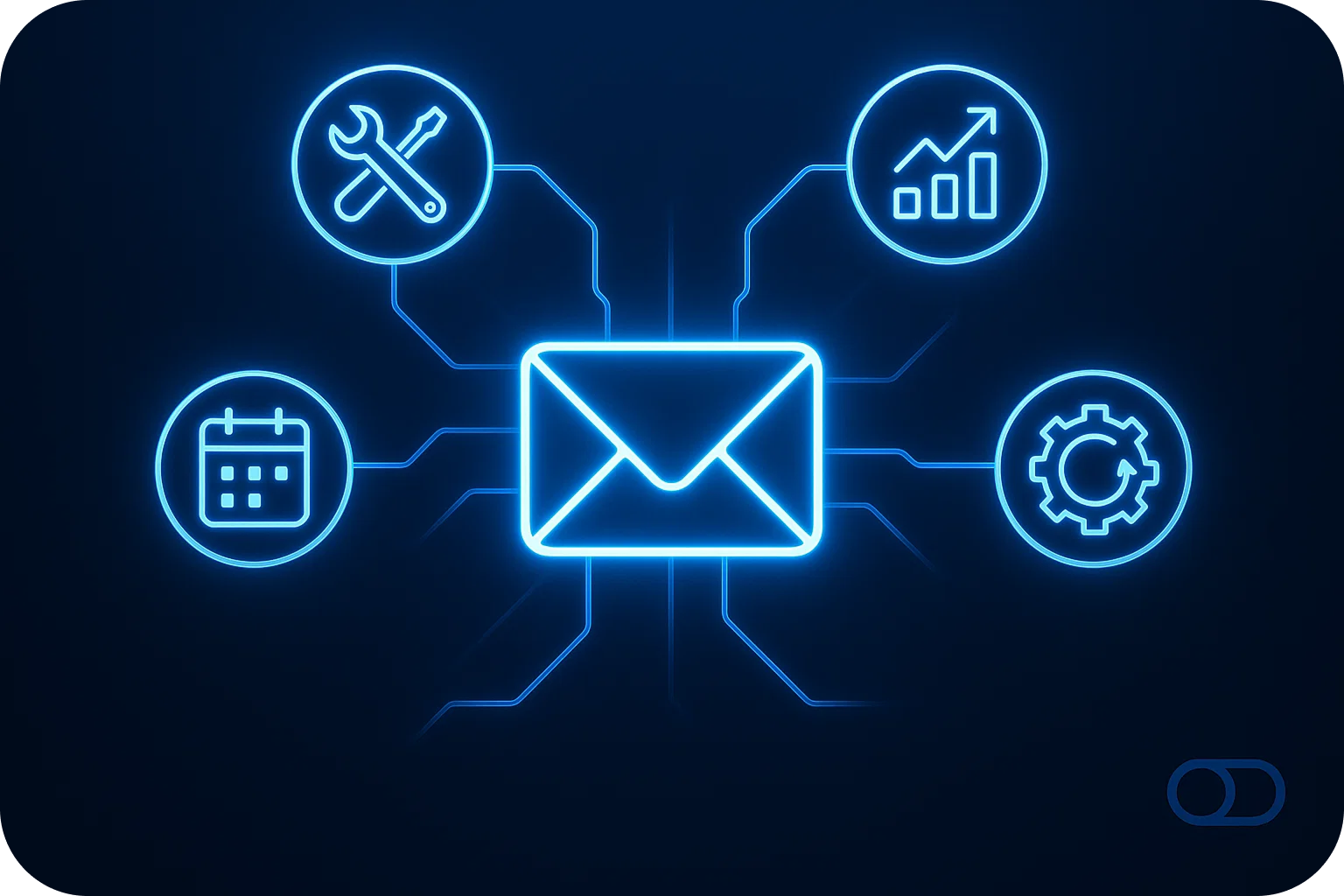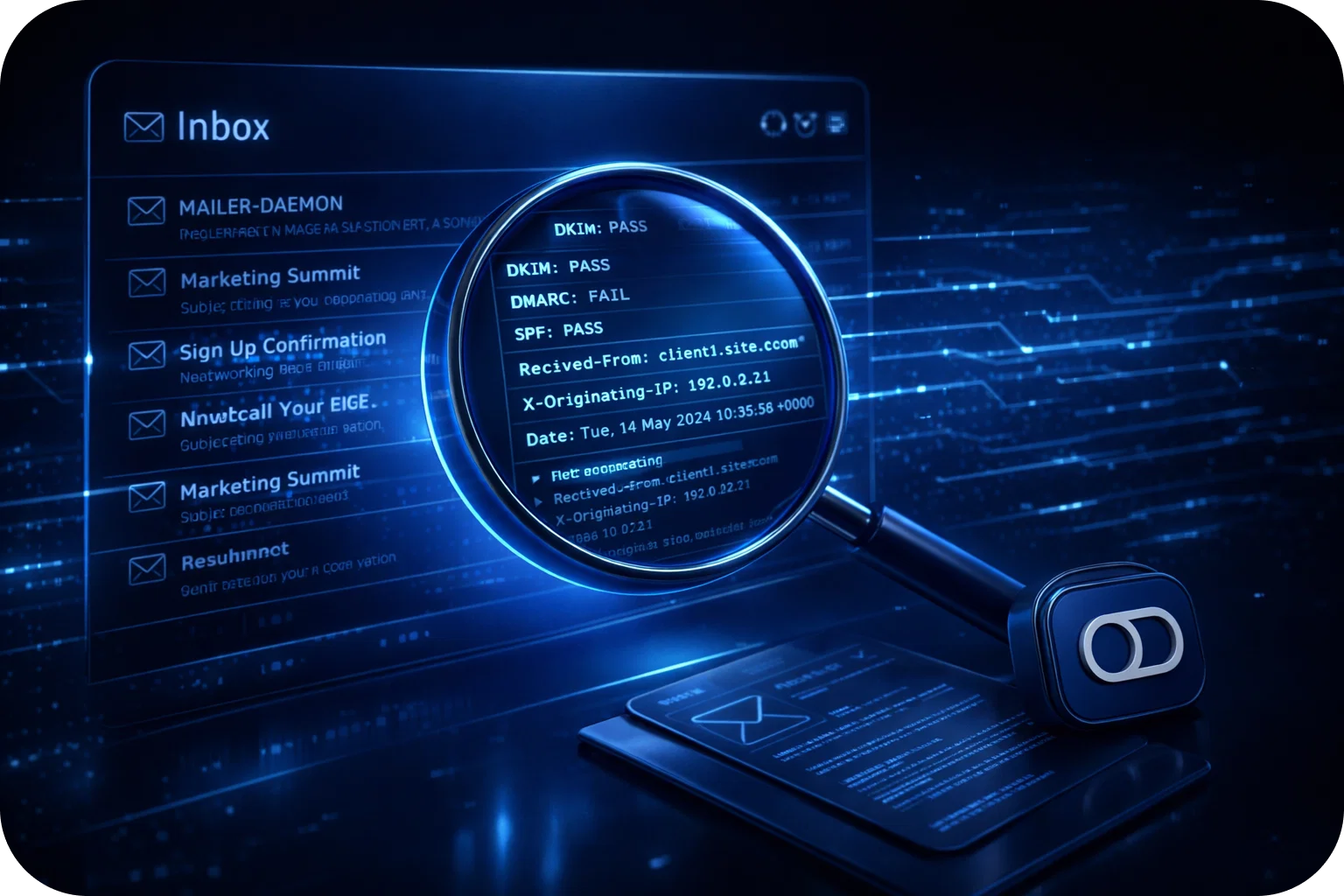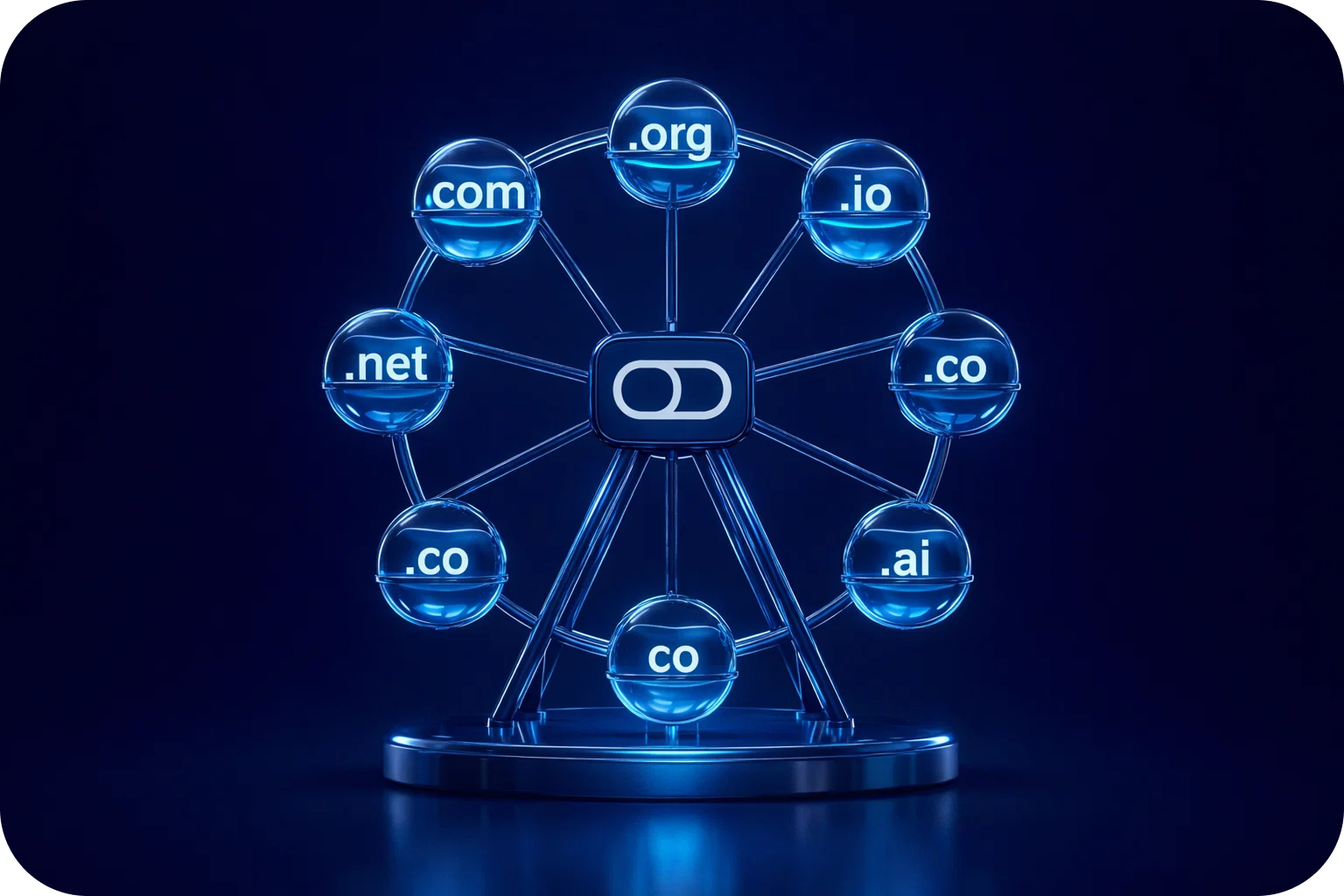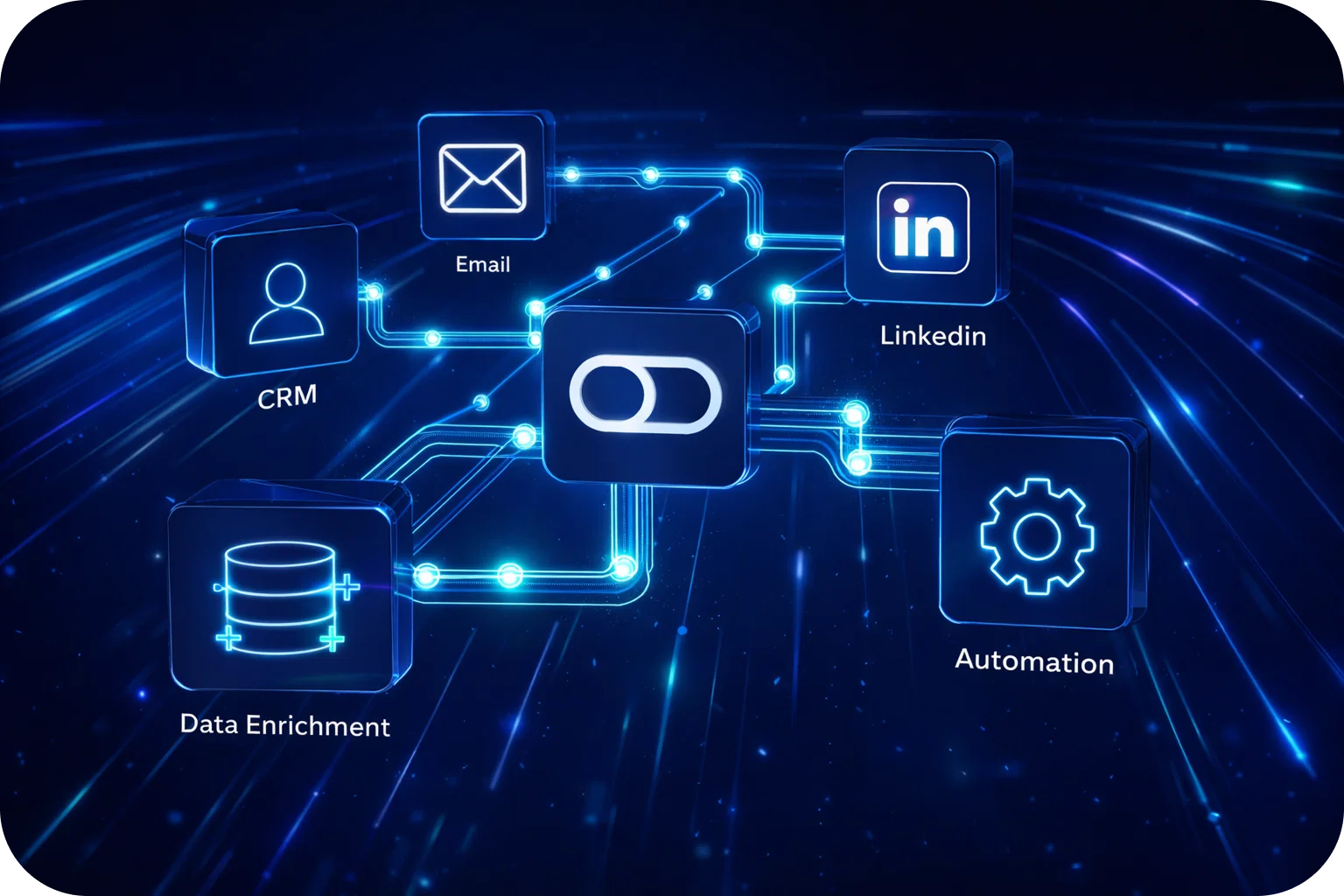The Sales Tool Revolution: What's Coming Next

The sales landscape is undergoing a seismic shift. What started as simple CRM systems and basic email tools has evolved into a sophisticated ecosystem of AI-powered platforms that are fundamentally changing how businesses approach prospecting, nurturing, and closing deals.
As we stand at the precipice of this sales tool revolution, forward-thinking sales teams and marketers are asking the critical question: What's coming next? The answer isn't just about new features or shinier interfaces. It's about a complete transformation of how sales professionals work, think, and succeed.
The Current State of Sales Technology
Today's sales teams have access to more tools than ever before. From comprehensive CRMs like Salesforce and HubSpot to specialized cold email platforms, social selling tools, and conversation intelligence software, the modern sales stack has become increasingly complex.
However, this abundance of tools has created its own challenges. Sales professionals often find themselves juggling multiple platforms, manually transferring data between systems, and struggling to maintain a unified view of their prospects and customers. The average sales team uses 6-8 different tools, leading to what experts call "tool fatigue."
This fragmentation has highlighted a critical need: the future of sales tools isn't about adding more solutions. It's about creating smarter, more integrated systems that work seamlessly together.
This fragmentation has highlighted a critical need: the future of sales tools isn't about adding more solutions. It's about creating smarter, more integrated systems that work seamlessly together.
AI-Powered Sales Automation: Beyond Basic Tasks
The next wave of sales tools is being driven by artificial intelligence that goes far beyond simple automation. While current AI tools can schedule emails and update contact records, the future holds much more sophisticated capabilities.
Predictive Lead Scoring and Prioritization
Advanced AI algorithms are already beginning to analyze hundreds of data points to predict which leads are most likely to convert. These systems consider everything from company growth patterns and hiring trends to social media activity and website behavior. The result? Sales teams can focus their energy on prospects with the highest probability of closing.
Intelligent Conversation Analysis
Next-generation conversation intelligence tools don't just transcribe calls. They analyze sentiment, identify buying signals, and suggest real-time responses. These systems can detect when a prospect is showing interest, raising objections, or moving toward a decision, providing sales reps with instant coaching and guidance.
Automated Personalization at Scale
The future of cold email outreach lies in AI that can craft genuinely personalized messages based on deep prospect research. These tools analyze a prospect's recent content, company news, industry trends, and social media activity to create messages that feel authentically human while maintaining the efficiency of automation.
Advanced Analytics and Predictive Insights
Data has always been important in sales, but the next generation of sales enablement software is taking analytics to unprecedented levels.
Revenue Forecasting with Machine Learning
Modern predictive analytics tools are moving beyond simple pipeline reports to provide accurate revenue forecasting based on historical patterns, current market conditions, and individual rep performance. These systems can identify potential deal risks weeks or months in advance, allowing sales leaders to take proactive action.
Behavioral Pattern Recognition
Advanced analytics platforms are beginning to identify subtle behavioral patterns that indicate buying intent. By analyzing email engagement, website visits, content downloads, and social media interactions, these tools can alert sales teams when prospects are entering active buying cycles.
Performance Optimization Insights
The next wave of sales analytics will provide granular insights into what activities drive results for individual reps. These systems will identify which email templates, call scripts, and follow-up sequences work best for specific prospect types, enabling continuous optimization of sales processes.
Smart Integrations and Unified Platforms
The future of sales tools is moving toward seamless integration and unified experiences that eliminate the friction of switching between multiple platforms.
Universal Data Synchronization
Next-generation sales platforms will automatically sync data across all tools in real-time, ensuring that every team member has access to the most current information, regardless of which system they're using. This eliminates the manual data entry that currently consumes hours of sales professionals' time each week.
Cross-Platform Workflow Automation
Advanced integration capabilities will enable complex workflows that span multiple tools. For example, when a prospect opens a cold email, the system might automatically update their lead score in the CRM, trigger a personalized LinkedIn connection request, and schedule a follow-up task for the assigned sales rep.
Contextual Information Delivery
Future sales tools will provide contextual information exactly when and where it's needed. During a sales call, reps will see relevant prospect information, suggested talking points, and real-time competitive intelligence without having to search through multiple systems.
The Rise of Conversational AI and Virtual Sales Assistants
One of the most exciting developments in sales technology is the emergence of sophisticated conversational AI that can handle increasingly complex sales interactions.
AI-Powered Lead Qualification
Virtual sales assistants are becoming capable of conducting initial qualification conversations that feel natural and engaging. These AI systems can ask probing questions, handle objections, and determine whether prospects meet specific criteria before passing them to human sales reps.
24/7 Prospect Engagement
Advanced chatbots and email AI can maintain ongoing conversations with prospects across time zones, ensuring that no opportunity falls through the cracks due to timing issues. These systems can answer questions, provide resources, and even schedule meetings without human intervention.
Intelligent Sales Coaching
AI coaches are emerging that can analyze sales calls, emails, and other interactions to provide personalized feedback and training recommendations. These systems identify areas for improvement and suggest specific actions to help sales professionals develop their skills.
Enhanced Customer Experience Through Technology
The sales tool revolution isn't just about making sales teams more efficient. It's about creating better experiences for prospects and customers.
Omnichannel Engagement Orchestration
Future sales platforms will orchestrate seamless experiences across all touchpoints, ensuring that prospects receive consistent messaging whether they interact via email, phone, social media, or in-person meetings. This coordination creates a more professional and cohesive buying experience.
Personalized Content Delivery
Advanced sales enablement software will automatically deliver the most relevant content to prospects based on their industry, role, stage in the buying process, and demonstrated interests. This ensures that every interaction provides genuine value rather than generic sales pitches.
Real-Time Collaboration Tools
Next-generation platforms will facilitate real-time collaboration between sales, marketing, and customer success teams, ensuring that prospects receive coordinated support throughout their entire journey.
Preparing for the Future: What Sales Teams Should Do Now
As these revolutionary changes unfold, successful sales teams are taking proactive steps to prepare for the future.
Invest in Data Quality
The effectiveness of AI-powered sales tools depends entirely on data quality. Teams should prioritize cleaning and organizing their existing data while establishing processes to maintain accuracy going forward.
Develop AI Literacy
Sales professionals need to understand how AI tools work and how to leverage them effectively. This doesn't require technical expertise, but it does mean learning to work alongside AI systems rather than being replaced by them.
Focus on High-Value Activities
As automation handles more routine tasks, sales professionals should focus on developing skills that AI cannot replicate: strategic thinking, complex problem-solving, relationship building, and creative solution development.
Embrace Continuous Learning
The pace of change in sales technology shows no signs of slowing. Successful sales teams will cultivate a culture of continuous learning and adaptation, staying current with new tools and techniques as they emerge. We recommend checking the best AI sales tools on Sales TechScout.
The Human Element in an AI-Driven World
Despite all the technological advances, the most successful sales organizations of the future will be those that effectively combine AI capabilities with human expertise. Technology will handle data analysis, routine communications, and process optimization, freeing sales professionals to focus on building relationships, solving complex problems, and providing strategic guidance.
The sales tool revolution isn't about replacing human sales professionals. It's about augmenting their capabilities and enabling them to be more effective, efficient, and valuable to their prospects and customers.
Embracing the Revolution
The future of sales tools promises unprecedented capabilities in automation, analytics, and customer engagement. Organizations that embrace these changes early will gain significant competitive advantages, while those that resist may find themselves struggling to keep pace.
The key to success in this evolving landscape is maintaining a balance between leveraging advanced technology and preserving the human connections that drive successful sales relationships. By preparing now for the changes ahead, sales teams can position themselves to thrive in the new era of sales excellence.
The revolution is already underway. The question isn't whether these changes will happen. It's whether your sales team will be ready to capitalize on the opportunities they create.
Ready to revolutionize your cold email outreach? Discover how modern sales teams are scaling their efforts with advanced email infrastructure and deliverability solutions that ensure your messages reach the right prospects at the right time.
More articles
Get started now




%201.png)





